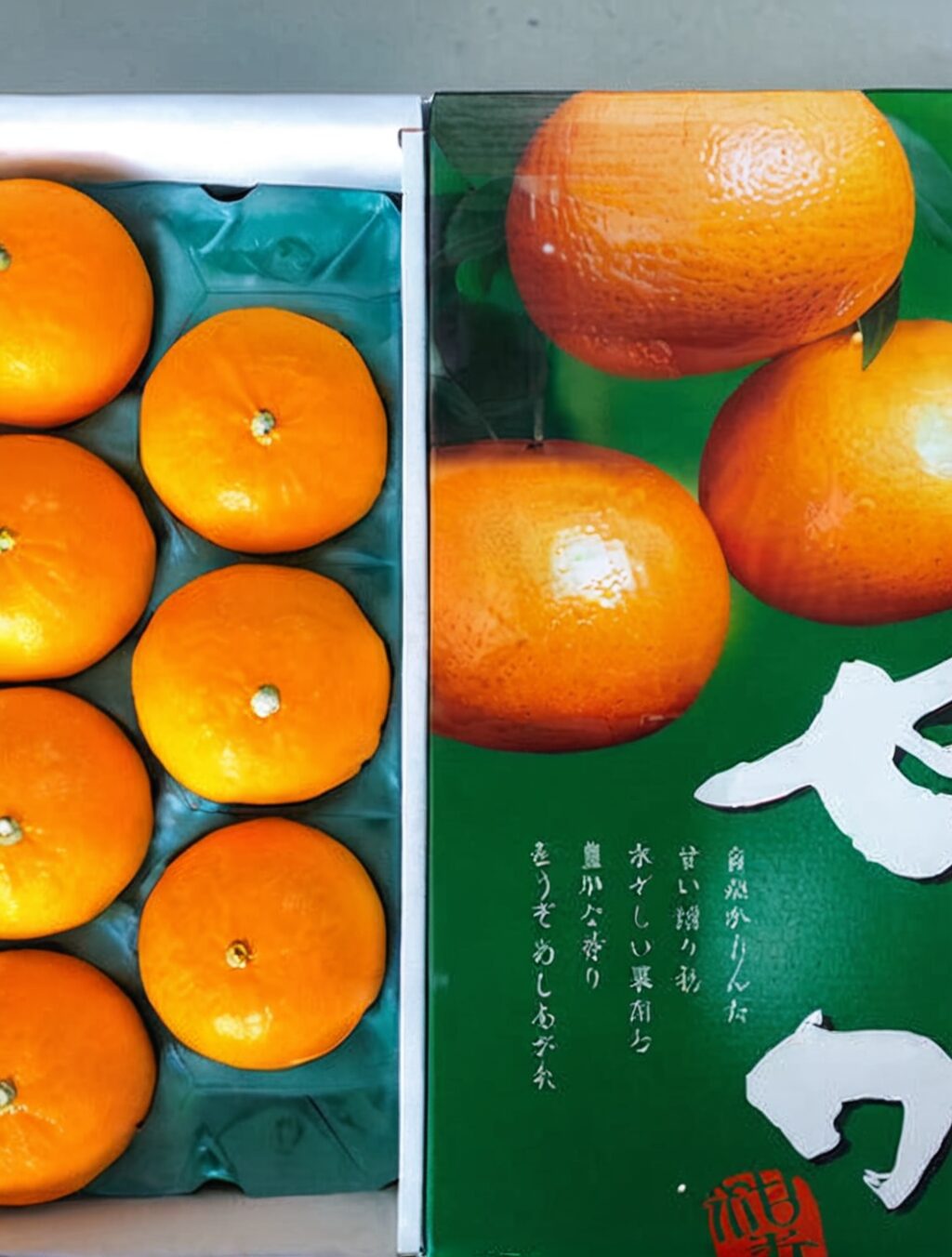
Gifting Oranges in Japanese: A Unique Expression of Gratitude and Good Wishes
Gifting Oranges in Japanese is not just an act of giving, but a thoughtful gesture steeped in cultural significance and symbolism. Oranges, known as mikan in Japanese, hold a special place in Japanese traditions, representing prosperity, good luck, and joy. When given as a gift, they convey heartfelt gratitude, well wishes, and a desire for the recipient’s happiness and success.
The Symbolism of Oranges in Japanese Culture
- Oranges symbolize fertility and abundance due to their round shape and numerous seeds.
- Their golden hue represents wealth and prosperity, making them a fitting gift for business associates or those starting new ventures.
- The Japanese word for orange, mikan, is a homonym for “three fruits,” signifying a wish for good luck in three areas of life: health, wealth, and love.
The Etiquette of Gifting Oranges
When gifting oranges in Japan, it’s important to observe certain customs:
- Oranges should be given in even numbers, as odd numbers are associated with funerals.
- The oranges should be unpeeled and uncut, as this symbolizes preserving their freshness and representing new beginnings.
- It’s customary to present the oranges with both hands and a slight bow, expressing respect and gratitude.
FAQs
- Why are oranges considered a thoughtful gift in Japan?
Oranges symbolize prosperity, good luck, and happiness, making them an auspicious gift for various occasions. -
How many oranges should I gift?
It’s preferred to gift an even number of oranges, such as six or eight, to avoid associations with funerals. -
Is it okay to gift oranges that I’ve peeled or cut?
No. Oranges should be given unpeeled and uncut to symbolize freshness and new beginnings.
Conclusion
Gifting oranges in Japanese is a beautiful custom that conveys sincere wishes and blessings. By understanding the cultural significance and etiquette surrounding this practice, you can ensure that your gift is received with appreciation and fosters a deeper connection with the recipient. Embrace the tradition of mikan gifting and spread joy and good fortune through this meaningful gesture.
gifting oranges in japanese






